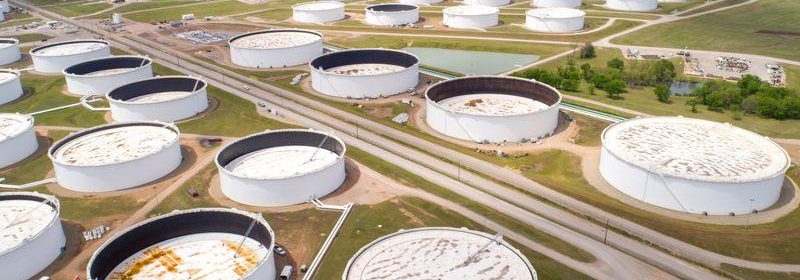Oil prices rise as producers commit to output restraint

TOKYO (Reuters) – Oil prices rose around 1% on Tuesday after major producers showed they were cutting crude output in line with their commitments on restraint, supporting a market thrown out of kilter by weak demand during the coronavirus pandemic.
Brent crude was up 51 cents, or 0.9%, at $56.86 a barrel by 0134 GMT, while U.S. oil gained 53 cents, or 1%, to $54.08 a barrel. Both contracts rose more than 2% in the previous session.
OPEC crude production increased for a seventh month in January, a Reuters survey found, after the group and its allies agreed to ease supply curbs further, but the growth was smaller than expected.
The Organization of the Petroleum Exporting Countries was pumping 25.75 million barrels per day (bpd) in January, the survey found, up 160,000 bpd from December.
Russian output increased in January but in line with the agreement on reducing production, while in Kazakhstan oil volume fell for the month. Both countries are members of the OPEC+ grouping that banded together to help support prices with production cuts.
“The critical take away from yesterday’s oil market recovery rally is that OPEC+ members seem to be taking their commitment to output cuts to the heart,” said Stephen Innes, global markets strategist at axi.
“Having OPEC+ singing from the same hymn page is music to every oil trader’s ears,” he added.
Russian oil and gas condensate output rose by 120,000 barrels per day (bpd) to 10.16 million bpd in January from December, following the agreement on production restraint, two sources familiar with the data told Reuters on Monday.
Kazakhstan cut its oil production by 2% in January from the previous month due to power outages, which also improved its compliance with the OPEC+ deal, two industry sources familiar with the matter said and Reuters calculations showed on Monday.
Helping to support prices, a severe blizzard hitting a large area of the northeastern United States is pushing up demand for heating fuel.
Source: Read Full Article
